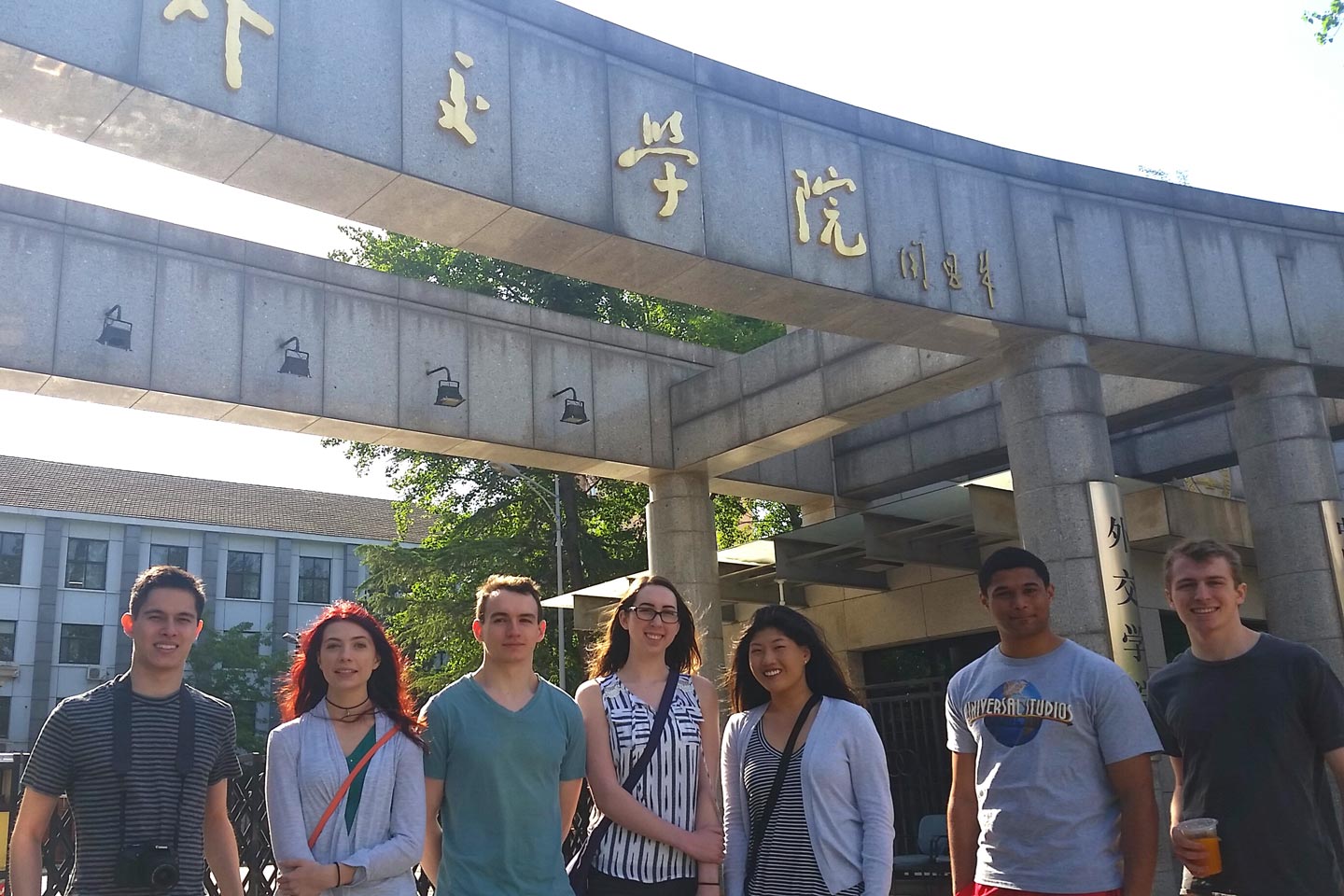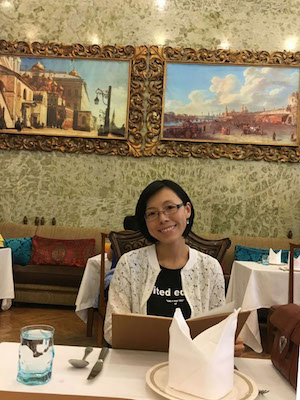Yan Li summer in China

Yan Li, assistant professor of history, moved from China to the United States in 2005 and returned to China this summer with seven OU students in tow.
Li led a study abroad trip from May 4 to June 13. Since the students went home, she has traveled the country researching how Soviet modernization affected China’s culture.
Oakland students spent a little more than four weeks in Beijing, where they took classes at the China Foreign Affairs University (CFAU), which Li described as one of the most prestigious universities in Beijing. Chinese professors taught the classes.
Megan Carson, a junior studying graphic design with a minor in Chinese language and civilization, said she and the other students each took four classes: conversation, reading and writing, listening and culture.
On the weekends, students took day trips. For the last 10 days, the group traveled around China and got to visit sites that included the Great Wall, the Forbidden City, the Terra Cotta Warriors, Tiananmen Square and Beijing Olympic Park, among others.
“It was truly inspiring to see OU students interacting with local people; beautiful to see that we live in a truly global, interconnected world,” Li said.
 |
Yan Li at the Moscow Restaurant, built in 1954 in Beijing |
This was the first study abroad trip that Li led, but it wasn’t obvious. She went above and beyond for her students.
“[Li] was extremely helpful, and I am so grateful for everything she did for us,” Carson said. “Besides looking after us in general, she moved some plans around so that we could go salsa dancing for my birthday, she helped me and other students get some cold medicine and tea when we were sick, and she helped us get movie tickets to see Captain America: Civil War for another student’s birthday.”
Now that the students are back in the U.S., Li is going wherever her research takes her. It will culminate in a book that examines how the Chinese Communist Party was able to actively inspire hundreds of millions of Chinese citizens to modernize China by following a Soviet socio-economic model. She will also introduce the fact that the populace was not always subservient to the government’s pro-Soviet propaganda.
Li has run into some interesting interviews.
“It often struck me how earnestly people like to share their memories of the Sino-Soviet friendship in the 1950s,” she said. “Life was not easy then, but those bitter-sweet years meant a lot to them: youth, dreams, love and aspirations. The uplifting Soviet socialist culture that was promoted in China then certainly formed the background of all that.”
While Li is not the first to study how modernization impacted the Chinese citizens, she is looking at the topic from another angle: China’s cultural interaction with the Soviet Union during the Cold War.
